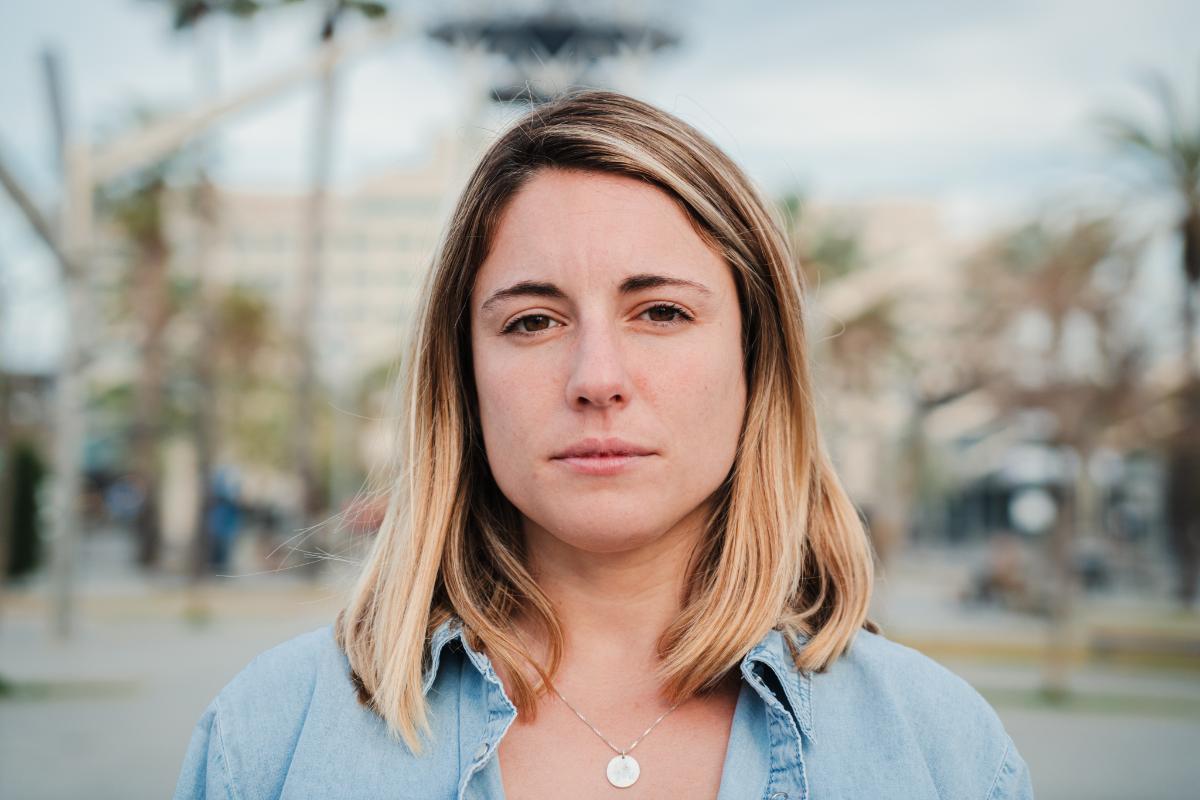If you are wondering what fluoxetine is, it is an antidepressant that works to increase serotonin in the brain. It is a commonly prescribed drug used to treat depression, one of what are called serotonin selective reuptake inhibitors (SSRIs). Prozac is one of the most well-known brand names for fluoxetine. While it is not considered an addictive drug, like any medication, fluoxetine does come with its share of side effects—especially for women. Depression and addiction tend to go hand in hand, which is why dual diagnosis treatment exists. To learn more about the side effects of fluoxetine and what dual diagnosis treatment for women in Colorado looks like, call the team at Women’s Recovery today at 833.754.0554 and speak with a treatment professional.
What Is Fluoxetine Used For?
In addition to treating depression, fluoxetine can be used to treat the following conditions:
- Obsessive-compulsive disorder (OCD)
- Panic disorder
- Bulimia
- Premenstrual dysphoric disorder (PMDD)
When treating depression, a co-occurring substance use disorder can exist at the same time. When taking any drug, you should be aware of what the possible side effects are, and if you feel you are experiencing adverse effects, seek the help of a medical professional.
Fluoxetine Side Effects in Females
Depression and addiction are rampant in the United States. It is why so many Americans are taking prescription antidepressants. Unfortunately, using an antidepressant can also come with a myriad of side effects.
Some of the most common side effects among women include:
- Nausea
- Headaches
- Insomnia
- Diarrhea
- Lethargy
If you are concerned about the side effects you are experiencing, then it’s best to speak to a doctor and see if the medication needs to be adjusted or if you might benefit from dual diagnosis treatment.
How Dual Diagnosis Treatment Can Help
Enrolling in dual diagnosis treatment allows you to address both co-occurring disorders at the same time. This has been found to be more effective than treating each disorder on their own. If you treat one disorder independently, you are not progressing because you have not addressed the other issue yet. In many cases, the co-occurring conditions affect each other, so they must be treated simultaneously through a specialized treatment program. Co-occurring disorders are more common than you may think. Someone with a mental health condition may turn to drugs or alcohol to numb the negative feelings they are experiencing, while someone with a substance use disorder may develop a mental health condition as a result of their addiction.
Evidence-based therapies will address treatments for your conditions that you may have received in the past, as well as try new behavioral therapies to change the negative behaviors of the past. Going through the treatment experience in gender-specific treatment, among other women with shared experiences is also highly beneficial.
Enroll in Dual Diagnosis Treatment for Women in Colorado at Women’s Recovery
When you are struggling, getting help is the most important thing. When you are dealing with a mental health condition and taking a drug of any kind—even if it is not addictive—many people also fall victim to trying further to numb their feelings through alcohol and illegal drugs. Women can feel uncomfortable in a treatment setting with men, especially if their disorders stem from a trauma or toxic relationship related to men. This is why gender-specific rehab, like the women’s outpatient programs at Women’s Recovery in Colorado, is so important.
The goal of a women’s recovery program is to have each female client experience a stronger level of self-esteem and be able to cope with triggers in everyday life. Mindfulness practices will also work to help with dual diagnosis treatment but also work as a therapy for depression itself.
Call Women’s Recovery today at 833.754.0554 or reach out online to learn more about effective treatment options. A treatment specialist is available to answer whatever questions you have.







